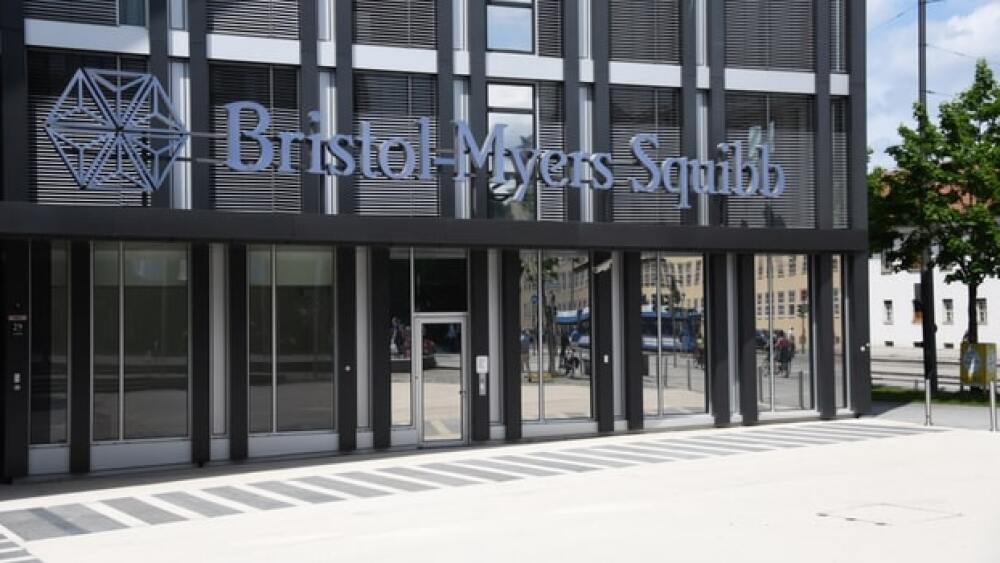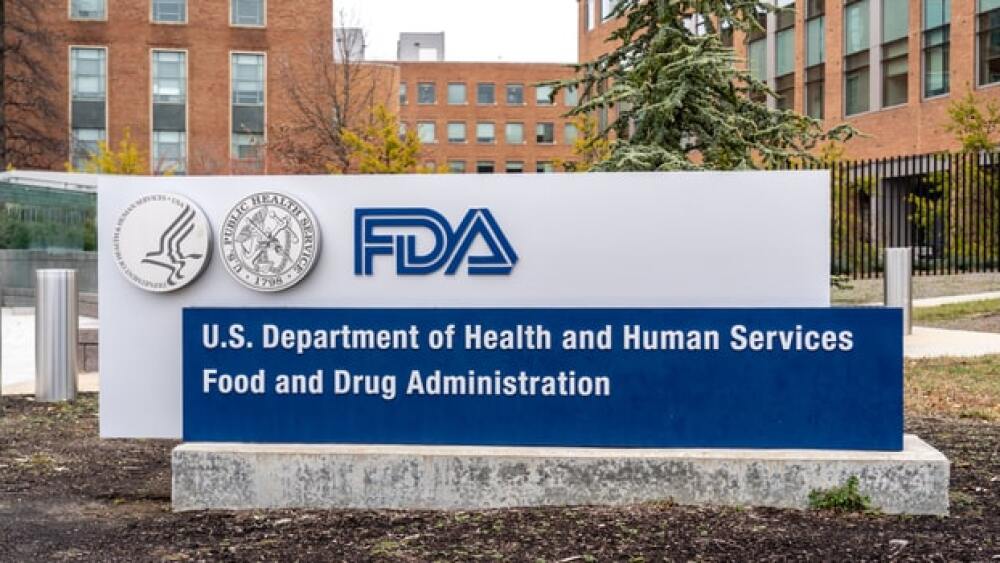Bristol Myers Squibb and Exelixis reported two-year follow-up data from the Phase III trial of BMS’s checkpoint inhibitor Opdivo (nivolumab) and Exelixis’ Cabometyx (cabozantinib).
Nitpicker/Shutterstock
Bristol Myers Squibb and Exelixis reported two-year follow-up data from the Phase III CheckMate -9ER trial of BMS’s checkpoint inhibitor Opdivo (nivolumab) and Exelixis’ Cabometyx (cabozantinib) in first-line treatment of advanced renal cell carcinoma (RCC). As is typical with checkpoint inhibitors, they are often tested and utilized in combination with other cancer drugs.
The follow-up data demonstrated sustained survival and response rate benefits. They also reported health-related quality of life (HRQoL) improvements. The combination was compared to Pfizer’s Sutent (sunitinib). Cabometyx is a small molecule inhibitor of the tyrosine kinases c-Met and VEGFR2 and AXL and RET. Sutent is a receptor protein-tyrosine kinase inhibitor that also inhibits VEGF and is an angiogenesis inhibitor. Opdivo is an anti-PD-1 checkpoint inhibitor.
“The new data from CheckMate -9ER evaluating nivolumab and cabozantinib are significant for patients with first-line advanced renal cell carcinoma, as they provide further evidence of efficacy benefits as well as favorable patient-reported quality of life outcomes with this combination,” said Toni Choueiri, M.D., director of the Lank Center for Genitourinary Oncology at Dana-Farber Cancer Institute and Jerome and Nancy Kohlberg Professor of Medicine at Harvard Medical School. “As clinicians, we are constantly looking for therapies that can help more patients control their disease without reporting a detriment in their quality of life.”
The median follow-up of the analysis was 32.9 months, with a minimum of 25.4 months. The Opdivo-Cabometyx combination demonstrated superior overall survival (OS), progression-free survival (PFS), objective response rates (ORR), duration of response (DoR) and complete response (CR) compared to Sutent. The combination demonstrated meaningful improvements in median OS of 37.7 months compared to 34.3 months for Sutent, and a 30% decrease in the risk of death. PFS benefits for the combination were 16.6 months compared to 8.3 months for the Sutent cohort. ORR for the combination was 55.7% compared to 28.4% for Sutent, and a median DoR of 23.1 months compared to Sutent’s 15.1 months’ DoR. CR was also about double for the combination, 12.4% compared to 5.2% for Sutent.
Renal cell carcinoma is the most common form of adult kidney cancer. Globally, there are 431,000 new cases each year and 179,000 deaths. It is about twice as common in men as women, with the highest rates in North America and Europe. Five-year survival for metastatic or advanced kidney cancer is 13.9%.
The two companies will feature two poster presentations of the data at the American Society of Clinical Oncology (ASCO) 2022 Genitourinary Cancers Symposium from February 17–19, 2022.
“We are pleased that these additional findings from CheckMate -9ER showing continued superior efficacy and improved quality of life with longer follow-up are being presented at ASCO GU, as they further indicate the value of Cabometyx in combination with Opidvo as a first-line option for patients with advanced renal cell carcinoma,” said Vicki L. Goodman, M.D., executive vice president, Product Development and Medical Affairs, and chief medical officer, of Exelixis. “The positive data from CheckMate -9ER, which are a culmination of a robust collaborative effort with Bristol Myers Squibb, reinforce our commitment to advancing additional Cabometyx-based regimens in our continuing journey to identify treatments for people with difficult-to-treat cancers.”
Cabometyx is an oral drug approved for advanced RCC for patients with hepatocellular carcinoma who were previously treated with sorafenib; for patients with advanced RCC as a first-line treatment in combination with nivolumab; and for adults and children 12 years and older with locally advanced or metastatic differentiated thyroid cancer that has progressed after previous VEGFR-targeted therapy and who are radioactive iodine-refractory or ineligible.
Opdivo was the first PD-1 checkpoint inhibitor to be approved anywhere in the world. In Oct. 2015, BMS’s Opdivo and Yervoy combination was the first immuno-oncology combination to receive regulatory approval for metastatic melanoma and is approved in more than 50 countries. Opdivo is approved for a wide range of indications alone or in combination, including, but not limited to, unresectable or metastatic melanoma; with Yervoy for unresectable or metastatic melanoma; alone for adjuvant treatment of melanoma with involvement of lymph nodes or metastatic disease who have undergone complete resection; and numerous others.





